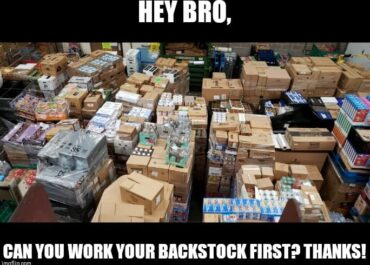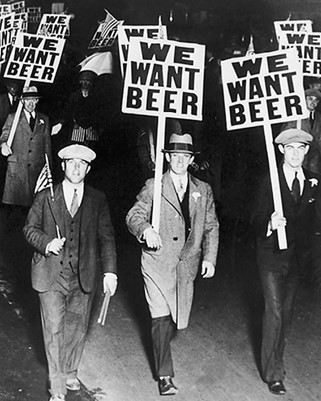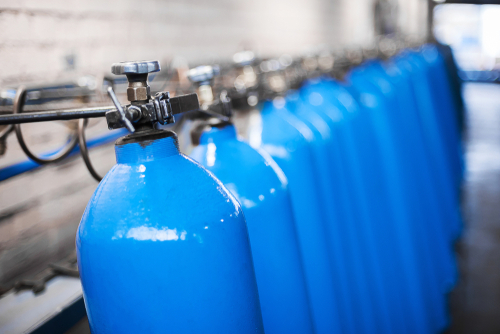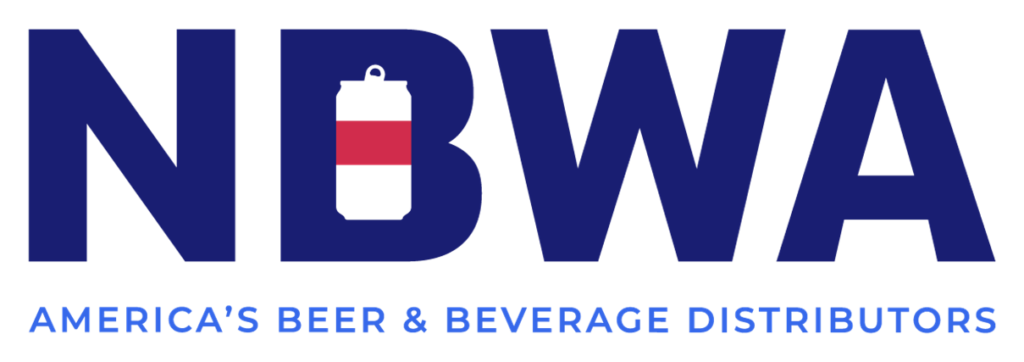
Why is DSD So Important
“In theory, there is no difference between theory and practice. In practice there is.” ~Yogi Berra
DSD or Direct Store Delivery is the backbone of the beverage, snacks and dairy industry. Defined by grit. Route Drivers are the “First Responders” of the industry. While Executives and Managers “Plan”, DSD drivers “Do”. Yogi Berra summed this difference nicely. There are two ways of learning- theory, and practice. Although theory can provide a foundation of understanding, hands-on, in the streets, “practice” is the only way to truly understand how DSD works. Ask any top Executive from the beverage industry, I’ll bet 9 of 10 have been on a DSD route in their career.

Prohibition?
Direct Store Delivery was established during prohibition as a condition for regulating the delivery of alcohol. The idea was to establish checks and balances throughout the supply chain for tax collecting and product tracking for regulated products such as alcohol. Today, there exists over 20,000 alcohol wholesalers in the US. The DSD infrastructure established for Alcohol, is also used for non-alcohol products such as Energy Drinks. This “route to market” is nearing over 100 years as prohibition was enacted from 1920- 1933.
Oxygen for Innovation

The DSD industry provides the oxygen needed for emerging, innovative brands to find life. By virtue of delivering to a single store, DSD operators can get distribution for emerging brands giving them the opportunity to establish themselves. Largely set up by county or zip code, DSD Operators are responsible for selling their products to all retail outlets that fall within this territory to include restaurants, non-traditional retailers, and independent outlets in convenience or grocery. These types of outlets are perfect incubators for innovative new beverages and snacks. The only way to get into these outlets are through a DSD network.
On the Other Hand

The two most important costs for a retailer are labor and inventory. Retailers love DSD operators because they “off-shore” both costs. In terms of inventory, the Retailer doesn’t have to hold inventory in their warehouses or backrooms, rather, the DSD operator largely absorbs these costs. In addition to inventory, cost associated with logistics are also absorbed. This enables each store to have the correct inventory for everyday demand and supply for seasonal demand when necessary. Moreover, DSD operators will merchandise the products they deliver absorbing more retailer operating costs.
On the other hand, DSD operators can represent complexity and chaos when executing national brands across chains. Retailers need to “set up” hundreds of Distributors for a national product launch. Brands need to communicate across all these distributors, ensure they have enough product and make sure they execute the plan. When a distributor has 50 stores in the chain, a brand gets prioritized. When a Distributor has 1 store in the chain, it gets a little harder. For emerging brands this gets even more challenging as Retailers may ask “I’ll authorize your brand if you have a DSD network that can deliver to all of my stores”. Distributors will find it inefficient to carry a brand that only is authorized in a couple of stores.
Brands run the risk of drowning when trying to launch as they get caught in the undertow of the tension between retailer authorization and distributor support.
NBWA or National Beer Wholesalers of America

Like NACS (see why NACS is so Important), NBWA is held in October every year bringing together these 20,000 independent alcohol DSD distributors. There are brands and technology solution firms that attend to help the industry drive sales and be more profitable. What you will learn from this event is just how important DSD is to the country. Like NACS, this show enables brands, wholesalers and technology providers to network and solve common problems for the industry. The largest problems today include blurring lines of distribution between alcohol and non-alcohol brands, new trends in non-alcohol alcohol brands, and major brands transitions such as Celcius Energy Drink move from the beer wholesaler industry to Pepsi. This year, like no other year that I can remember, NBWA has become more important than ever.
Prohibition is long past, however, the impact of the DSD model of distribution has provided long lasting impact to the beverage and snacks industry.
Expand your network and generate new ideas to solve problems within bricks and mortar retail with the team from Vision Group at booth 301 during NBWA.
For more information on AI- Image Recognition, visit maxerience.com or contact Jason DeRienzo at Jason.derienzo@maxerience.com.

